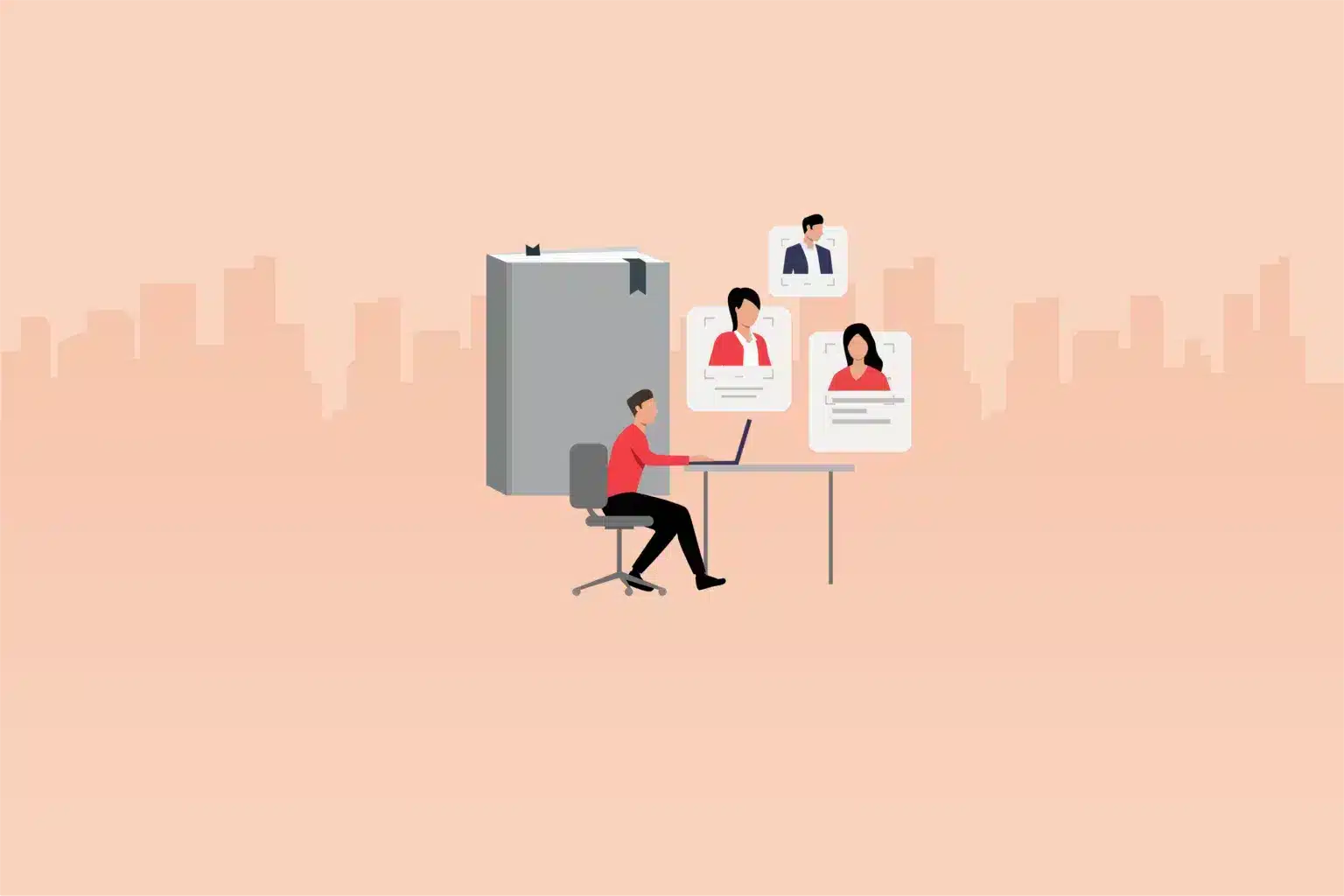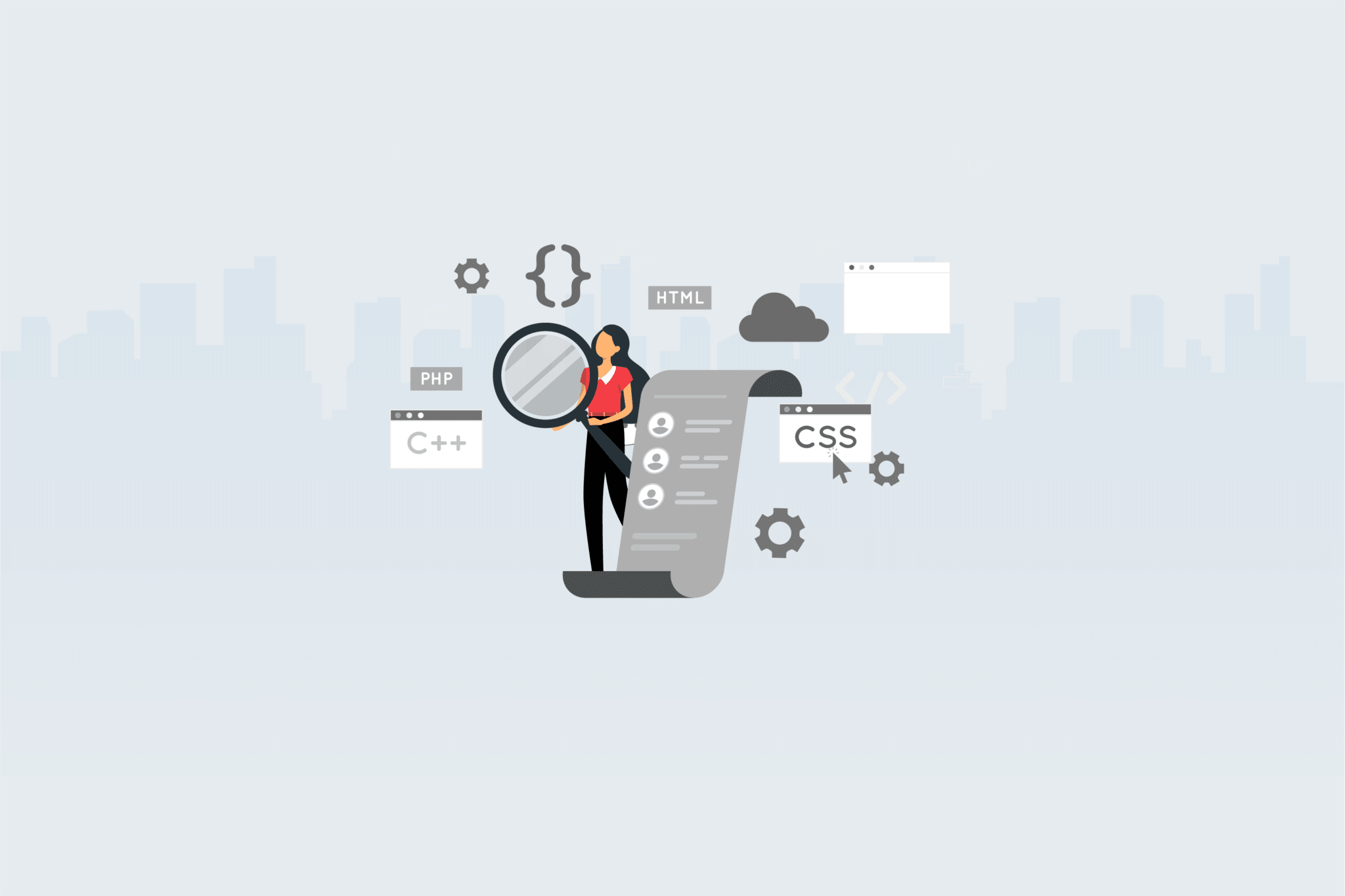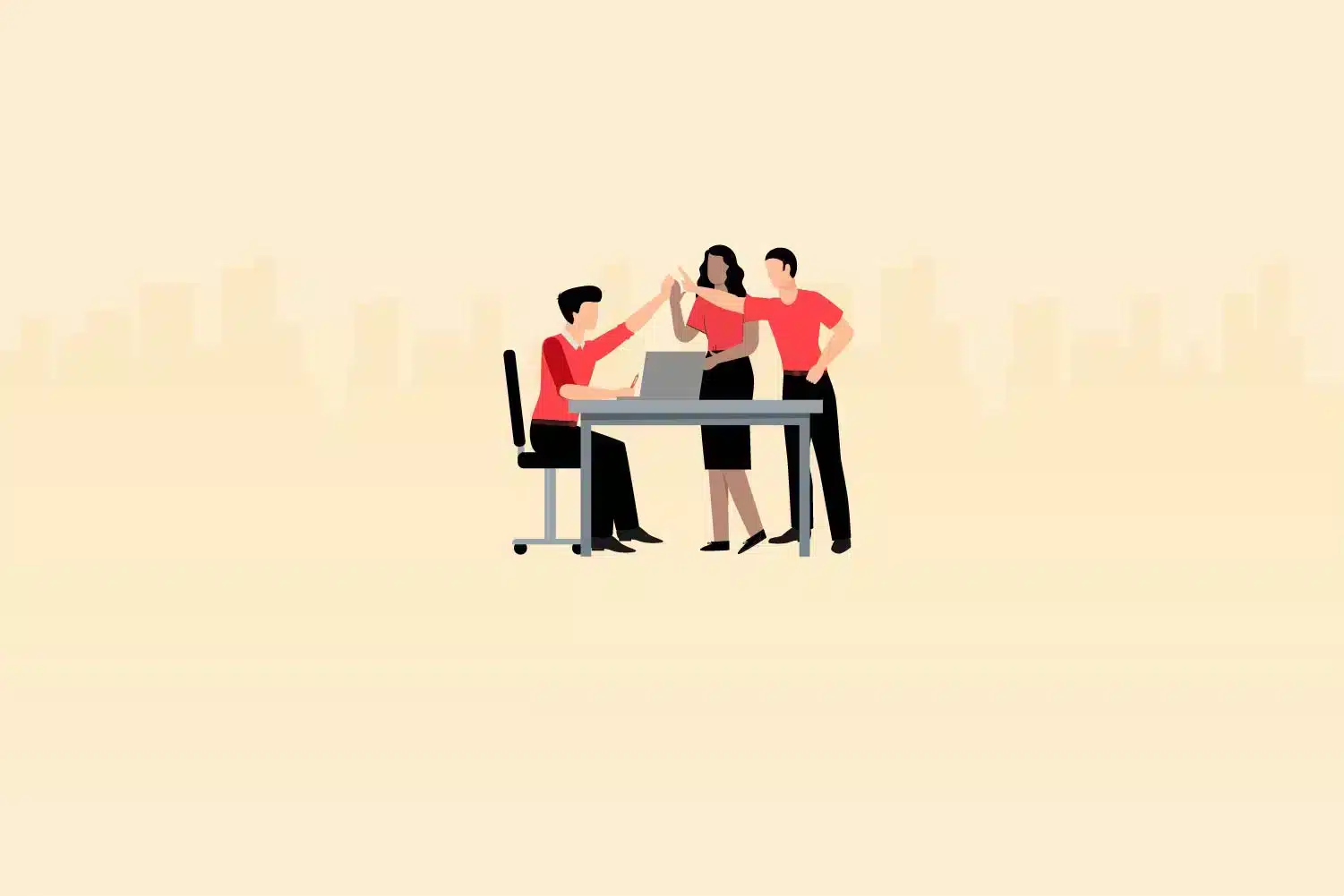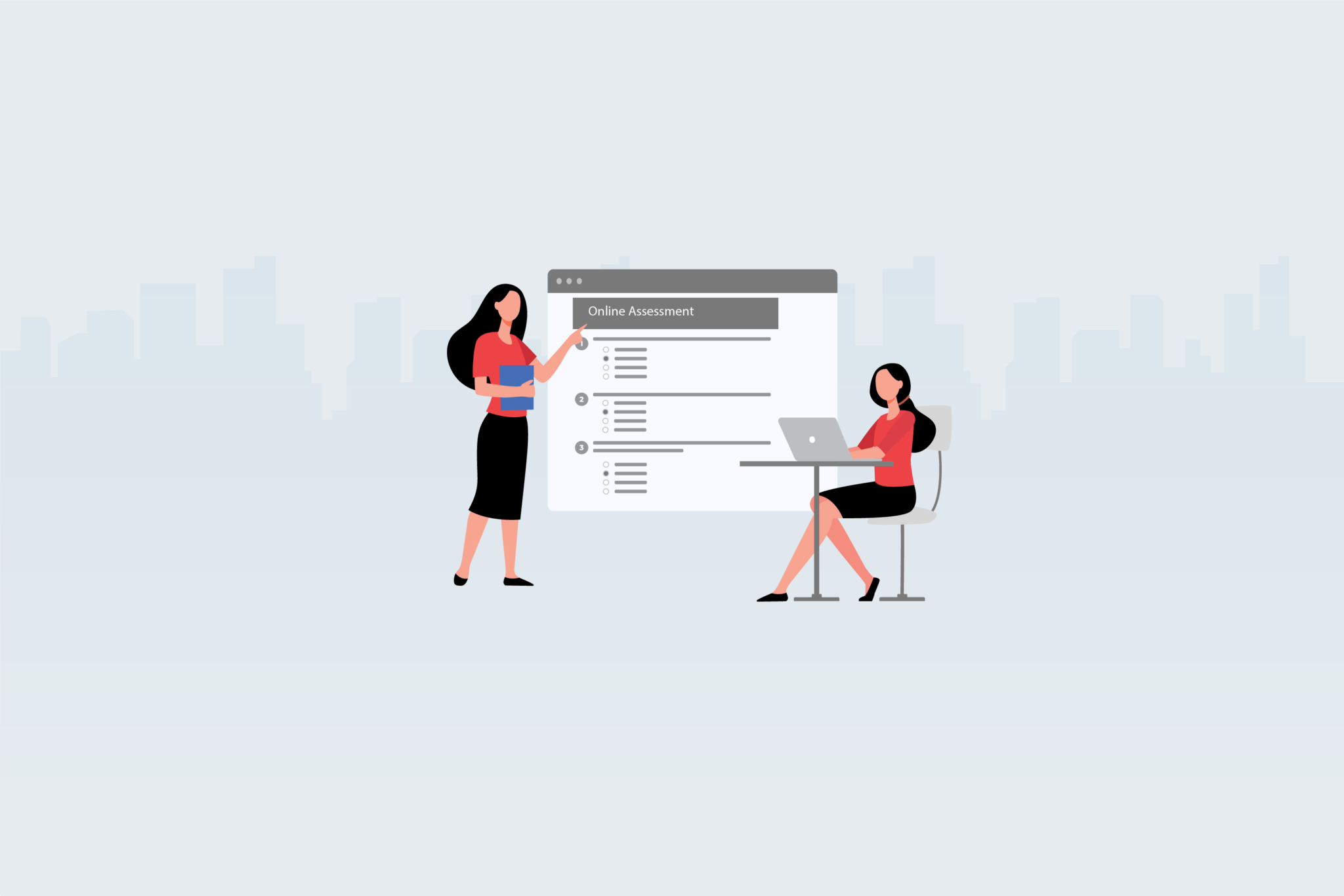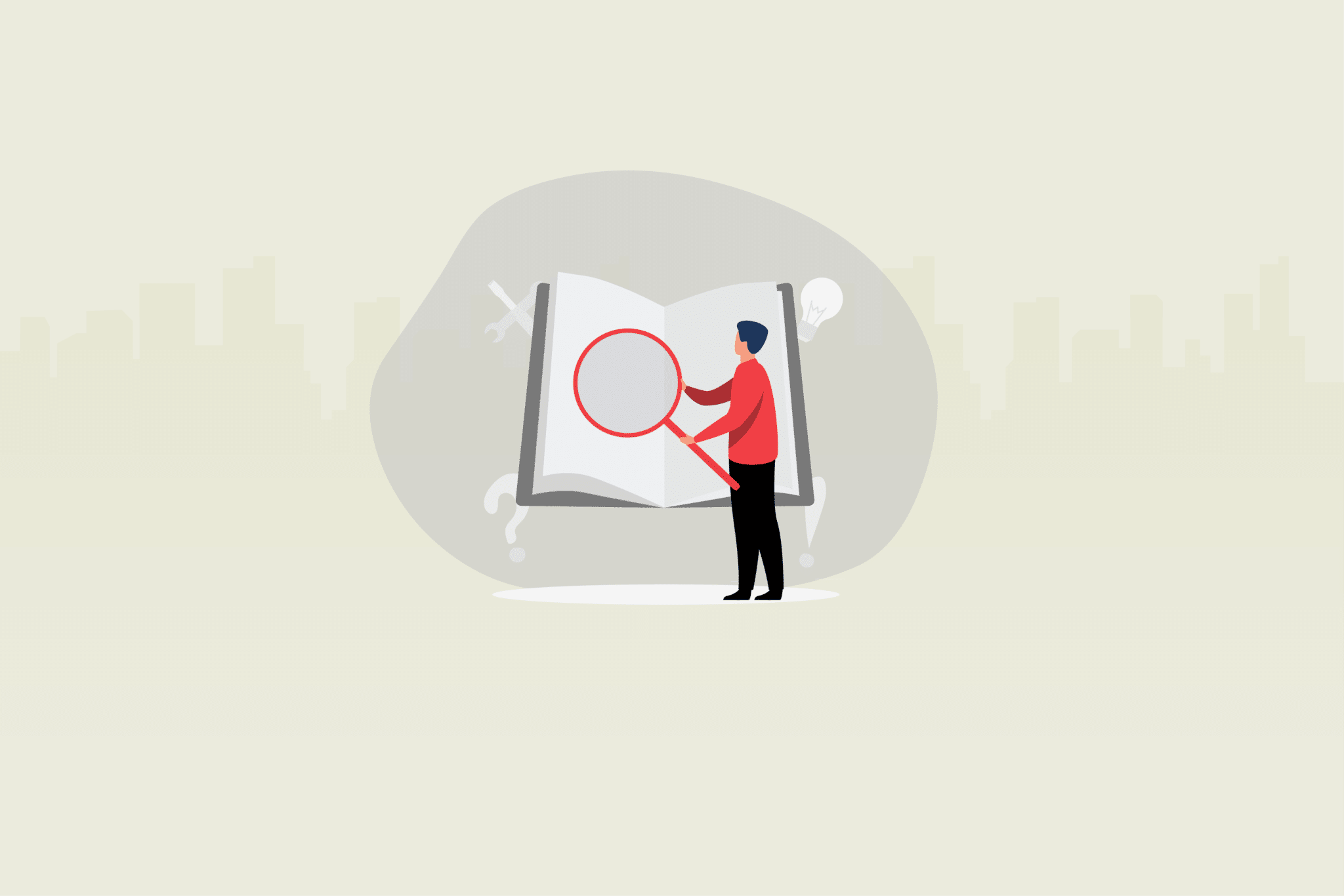In today’s rapidly evolving business landscape, the role of a business consultant has become increasingly vital for organizations aiming to drive growth and navigate complex challenges. As HR professionals and CXOs seek to attract top talent in this field, understanding the current recruiting trends is paramount.
According to recent analytics, the demand for skilled business consultants has experienced a significant surge, with an average annual growth rate of X% in the past three years. This trend is driven by the recognition that specialized expertise and strategic guidance can be invaluable in optimizing operational efficiency, fostering innovation, and achieving sustainable success. In light of this landscape, it is crucial to design insightful interview questions that delve into the core competencies and capabilities of Business Consultants.
Here are the top 50 Business Consultant interview questions to ask job applicants:
10 general interview questions for Business Consultant
- Can you describe a challenging business problem you encountered in your previous role? How did you approach it, and what was the outcome?
- How do you stay updated with industry trends and emerging technologies that may impact business strategies?
- Share an example of a successful project where you identified and implemented cost-saving measures or increased revenue for a client.
- How do you typically assess an organization’s strengths and weaknesses to develop effective business strategies?
- Can you provide an example of a situation where you had to manage conflicting priorities and stakeholders’ interests? How did you handle it?
- Describe a time when you had to lead a team through a complex change management process. How did you ensure successful adoption and implementation?
- How do you approach data analysis and interpretation to identify key insights and make informed recommendations?
- Share an experience where you had to collaborate with cross-functional teams to achieve a common business objective. What strategies did you employ to ensure effective teamwork?
- How do you ensure that the solutions you propose align with the client’s long-term goals and vision?
- Can you describe a time when you faced resistance from stakeholders during a consulting engagement? How did you manage the situation and gain their buy-in?
5 sample answers to general interview questions for Business Consultant
- Can you describe a challenging business problem you encountered in your previous role? How did you approach it, and what was the outcome?
Look for: Problem-solving skills, critical thinking, strategic planning, and the ability to drive positive outcomes.
Example Answer: In my previous role as a Business Consultant, I encountered a client who was experiencing declining sales and struggling to differentiate themselves in a competitive market. To address this, I conducted a thorough analysis of their market position, customer preferences, and competitors. Through collaboration with key stakeholders, we developed a comprehensive strategic plan that included targeted marketing campaigns, product diversification, and process improvements. As a result, the client saw a 20% increase in sales within six months and regained a competitive edge in the industry.
- How do you stay updated with industry trends and emerging technologies that may impact business strategies?
Look for: Proactive learning, adaptability, staying abreast of industry changes, and a commitment to continuous improvement.
Example Answer: As a Business Consultant, I recognize the importance of staying updated with industry trends and emerging technologies. I regularly attend conferences, webinars, and industry events to network with experts and gain insights into the latest developments. Additionally, I subscribe to industry publications, follow influential thought leaders on social media, and actively participate in professional forums. By dedicating time to ongoing learning, I can provide my clients with innovative solutions and stay ahead of the curve in a rapidly evolving business landscape.
- Share an example of a successful project where you identified and implemented cost-saving measures or increased revenue for a client.
Look for: Financial acumen, identifying opportunities for efficiency, strategic thinking, and delivering measurable results.
Example Answer: During a consulting engagement, I worked with a manufacturing company to optimize their supply chain and reduce operational costs. By conducting a comprehensive process review and implementing lean principles, we identified areas of inefficiency and waste. Through streamlining logistics, renegotiating supplier contracts, and implementing inventory management systems, we were able to achieve cost savings of 15% within the first year. Additionally, by optimizing production schedules and minimizing downtime, we increased the company’s overall revenue by 10%.
- How do you typically assess an organization’s strengths and weaknesses to develop effective business strategies?
Look for: Analytical skills, assessing organizational capabilities, identifying growth opportunities, and aligning strategies with objectives.
Example Answer: When assessing an organization’s strengths and weaknesses, I adopt a systematic approach. I conduct a thorough analysis of their internal operations, such as conducting SWOT analyses, reviewing financial statements, and evaluating key performance indicators. Additionally, I gather insights from key stakeholders through interviews and surveys to gain a holistic understanding. This information allows me to identify areas of improvement, leverage existing strengths, and develop tailored strategies that align with the organization’s objectives. By combining data-driven analysis with stakeholder perspectives, I can develop effective business strategies that drive sustainable growth.
- Can you provide an example of a situation where you had to manage conflicting priorities and stakeholders’ interests? How did you handle it?
Look for: Conflict management skills, negotiation abilities, stakeholder engagement, and finding win-win solutions.
Example Answer: In a previous consulting project, I faced a situation where different stakeholders within the client’s organization had conflicting priorities and interests. To address this, I initiated open and transparent communication channels with each stakeholder group to understand their perspectives and concerns. Through active listening and facilitation, I encouraged constructive dialogue and sought to find common ground. By engaging in collaborative problem-solving sessions and prioritizing shared goals, I was able to reach a consensus that satisfied the diverse interests involved. This approach fostered a sense of ownership and alignment among stakeholders, resulting in successful project outcomes.
10 behavioral interview questions for Business Consultant
- Describe a time when you had to handle a challenging client or stakeholder. How did you establish and maintain a positive working relationship?
- Can you share an experience where you had to adapt your consulting approach to meet the unique needs and culture of a client organization? How did you ensure successful collaboration?
- Tell me about a situation where you faced resistance or pushback from a client or team member regarding your proposed solution or recommendation. How did you handle it?
- Describe a project where you had to work with a tight deadline and limited resources. How did you manage your time and prioritize tasks to ensure successful project completion?
- Can you provide an example of a time when you had to resolve a complex problem by gathering and analyzing data? How did you approach the situation, and what were the outcomes?
- Tell me about a time when you had to influence and gain buy-in from key stakeholders to implement a significant change or strategic initiative. How did you navigate their concerns and objections?
- Share an experience where you had to manage a project with multiple competing priorities. How did you ensure that all objectives were met while maintaining quality and stakeholder satisfaction?
- Describe a situation where you had to work as part of a diverse and cross-functional team. How did you contribute to the team’s success and effectively collaborate with individuals from different backgrounds and expertise?
- Can you share an example of a project where you identified a new market opportunity or helped a client expand into new markets? How did you conduct market research and develop a successful market entry strategy?
- Tell me about a time when you had to deliver a difficult or unpopular message to a client or senior management. How did you approach the situation, and how did you manage any potential resistance or negative reactions?
5 sample answers to behavioral interview questions for Business Consultant
- Describe a time when you had to handle a challenging client or stakeholder. How did you establish and maintain a positive working relationship?
Look for: Relationship-building skills, conflict resolution, client/stakeholder management, and adaptability.
Example Answer: In a recent project, I encountered a challenging stakeholder who had strong reservations about the proposed changes. To establish a positive working relationship, I scheduled one-on-one meetings to understand their concerns and perspectives. I actively listened, empathized with their point of view, and addressed their specific objections. By demonstrating a willingness to collaborate and incorporating their valuable insights into the solution, I gained their trust and turned them into a proactive advocate for the project. This resulted in a successful collaboration and positive project outcomes.
- Can you share an experience where you had to adapt your consulting approach to meet the unique needs and culture of a client organization? How did you ensure successful collaboration?
Look for: Flexibility, cultural sensitivity, adaptability, and the ability to customize consulting strategies.
Example Answer: During a consulting engagement with an international client, I realized that their organizational culture and work practices differed significantly from what I was accustomed to. To ensure successful collaboration, I took the time to immerse myself in their culture, studying their values, norms, and communication styles. I then tailored my consulting approach accordingly, emphasizing open dialogue, building consensus, and respecting hierarchy. By adapting to their unique needs and cultural nuances, I fostered a collaborative environment that allowed for effective knowledge sharing, problem-solving, and ultimately, the successful implementation of our recommendations.
- Tell me about a situation where you faced resistance or pushback from a client or team member regarding your proposed solution or recommendation. How did you handle it?
Look for: Conflict resolution skills, persuasive communication, resilience, and the ability to manage objections.
Example Answer: In a previous project, a client initially resisted our proposed solution, expressing concerns about the feasibility and potential risks. To address this pushback, I scheduled additional meetings with the client to understand their specific reservations and engage in open dialogue. I presented additional data, case studies, and success stories to support our recommendations. Additionally, I proactively involved key stakeholders in the decision-making process, seeking their input and addressing their concerns. Through patient and persuasive communication, we were able to build consensus, alleviate their fears, and gain their buy-in. As a result, the client embraced our solution and achieved significant improvements in their business performance.
- Describe a project where you had to work with a tight deadline and limited resources. How did you manage your time and prioritize tasks to ensure successful project completion?
Look for: Time management skills, prioritization abilities, resource optimization, and meeting deadlines under pressure.
Example Answer: In a high-pressure project, we faced a tight deadline and limited resources. To manage the situation effectively, I employed a structured approach. First, I conducted a thorough analysis of the project requirements and prioritized tasks based on their impact and dependencies. I then delegated responsibilities to team members, ensuring that their strengths aligned with the tasks at hand. Throughout the project, I implemented effective time management techniques, such as creating detailed project schedules, breaking down tasks into manageable chunks, and closely monitoring progress. By optimizing resources and maintaining clear communication, we successfully delivered the project on time, meeting all the client’s expectations.
- Can you share an example of a time when you had to deliver a difficult or unpopular message to a client or senior management. How did you approach the situation, and how did you manage any potential resistance or negative reactions?
Look for: Communication skills, diplomacy, handling difficult conversations, and managing stakeholders’ expectations.
Example Answer: In a consulting engagement, I had to deliver a difficult message to a client regarding the feasibility of their ambitious project timeline. To approach the situation tactfully, I prepared thoroughly, ensuring that I had data and evidence to support my assessment. I scheduled a meeting with the client and explained the challenges we had identified, emphasizing the potential risks and the need for a revised timeline. I actively listened to their concerns and empathized with their desired outcomes. I proposed alternative solutions and mitigation strategies to address their objectives effectively. By maintaining transparency, managing expectations, and offering viable alternatives, I was able to navigate any potential resistance and collaborate with the client to develop a revised plan that aligned with their goals.
10 personality interview questions for Business Consultant
- How do you handle ambiguity and uncertainty when faced with complex business problems?
- Can you describe a situation where you demonstrated strong leadership skills and influenced others to achieve a common goal?
- How do you handle high-pressure situations and tight deadlines while maintaining the quality of your work?
- Describe a time when you had to work independently and take ownership of a project. How did you ensure its success?
- How do you approach building and maintaining relationships with clients and stakeholders?
- Can you share an experience where you had to adapt your communication style to effectively engage with individuals from diverse backgrounds or organizational levels?
- How do you stay organized and prioritize tasks when managing multiple projects simultaneously?
- Describe a situation where you had to think creatively and provide innovative solutions to a client’s problem.
- Can you share an example of a time when you had to resolve conflicts within a team or between stakeholders? How did you facilitate resolution?
- How do you approach building trust and credibility with clients or colleagues who may initially be skeptical of your recommendations?
- Describe a situation where you had to persuade a client or stakeholder to change their perspective or adopt a new approach. How did you approach the persuasion process?
- How do you maintain a work-life balance and manage your well-being in a demanding consulting environment?
- Can you share an experience where you had to quickly adapt to unexpected changes in a project scope or requirements? How did you handle it?
- How do you stay updated with industry trends and emerging technologies relevant to your role as a Business Consultant?
- Describe a situation where you had to demonstrate resilience and bounce back from setbacks or project challenges.
5 sample answers to personality interview questions for Business Consultant
- How do you handle ambiguity and uncertainty when faced with complex business problems?
Look for: Comfort with ambiguity, problem-solving skills, adaptability, and resilience.
Example Answer: When faced with ambiguity and complex business problems, I embrace the opportunity to analyze the situation thoroughly. I break down the problem into smaller components, gather relevant information, and engage in data-driven analysis. I also leverage my experience and expertise to identify potential solutions and mitigate risks. I understand that uncertainty is inherent in consulting, and I am comfortable working with incomplete information. By maintaining a flexible mindset, seeking input from stakeholders, and iterating as needed, I can navigate through ambiguity and find effective solutions that align with the client’s goals.
- Can you describe a situation where you demonstrated strong leadership skills and influenced others to achieve a common goal?
Look for: Leadership qualities, influencing abilities, collaboration, and teamwork.
Example Answer: In a recent project, I led a cross-functional team to implement a new CRM system within a client’s organization. I took charge of setting clear objectives, establishing roles and responsibilities, and fostering a collaborative environment. Through effective communication and active listening, I gained buy-in from team members and ensured alignment with the project’s vision. I motivated the team by recognizing individual contributions and fostering a sense of ownership. By providing guidance, resolving conflicts, and facilitating decision-making, I was able to lead the team to successfully deliver the project on time and within budget.
- How do you approach building and maintaining relationships with clients and stakeholders?
Look for: Relationship-building skills, communication abilities, client/stakeholder management, and trust-building.
Example Answer: Building and maintaining relationships with clients and stakeholders is crucial in my role as a Business Consultant. I prioritize open and transparent communication to establish trust and credibility. I actively listen to their needs and concerns, seeking to understand their perspective. I proactively engage with stakeholders, providing regular project updates and soliciting their feedback. I also strive to go beyond meeting expectations by adding value and offering innovative solutions. By demonstrating professionalism, reliability, and a genuine interest in their success, I can build strong and long-lasting relationships that foster collaboration and mutual growth.
- How do you approach building trust and credibility with clients or colleagues who may initially be skeptical of your recommendations?
Look for: Influencing skills, credibility-building, empathy, and the ability to address skepticism.
Example Answer: When encountering skepticism from clients or colleagues, I prioritize building trust and credibility through a strategic approach. I take the time to understand their concerns and perspectives, actively listening to their feedback. I then present well-researched data, case studies, and real-life examples to support my recommendations. I tailor my communication to address their specific needs and preferences, emphasizing the value and potential positive impact of the proposed solutions. By demonstrating empathy, expertise, and a track record of successful outcomes, I can gradually overcome skepticism and build a foundation of trust that allows for effective collaboration.
- How do you maintain a work-life balance and manage your well-being in a demanding consulting environment?
Look for: Work-life balance strategies, self-care practices, stress management, and resilience.
Example Answer: Maintaining a work-life balance and managing my well-being is essential for my effectiveness as a Business Consultant. I prioritize setting clear boundaries and managing my time effectively. I allocate time for personal activities, hobbies, and spending quality time with family and friends. Additionally, I practice self-care by engaging in activities that recharge me, such as exercise, mindfulness, and pursuing personal interests. I also recognize the importance of open communication with my team and clients regarding workload and deadlines, ensuring a healthy balance between work commitments and personal well-being. By taking care of myself, I can bring my best self to the table and deliver high-quality results for my clients.
When should you use skill assessments in your hiring process for Business Consultant?
Skill assessments should be used in the hiring process for a Business Consultant when you want to ensure that candidates possess the necessary skills and expertise required for the role. Assessments are important because they provide objective and standardized measures to evaluate a candidate’s abilities, knowledge, and practical skills. By incorporating skill assessments, you can effectively gauge a candidate’s proficiency and make informed decisions during the hiring process.
Various assessments can be used to assess the skills of Business Consultants. Here are a few examples:
- Case studies
Case studies present real or hypothetical business scenarios that candidates need to analyze and provide solutions for. This assessment helps evaluate problem-solving abilities, analytical thinking, and strategic decision-making skills.
- Role-playing exercises
Role-playing exercises simulate business situations, allowing candidates to demonstrate their interpersonal and communication skills. It helps assess their ability to negotiate, influence, and handle client interactions.
- Technical knowledge tests
These tests assess a candidate’s understanding of specific business concepts, industry trends, and technical expertise relevant to the role. They can be in the form of multiple-choice questions, practical exercises, or written assessments.
Overall, using skill assessments in the hiring process for Business Consultants ensures that you select candidates who possess the requisite skills and competencies needed for the role, leading to more successful and effective hires.
Use our interview questions and skill tests to hire talented Business Consultant
Unlock the potential of your hiring process with Testlify’s comprehensive skill assessments and interview questions specifically designed for business consultant.
Our extensive test library offers a wide range of assessments, including cognitive function, personality, situational judgment, programming, and more. By leveraging these assessments, you can objectively evaluate candidates’ abilities, ensuring you shortlist the most talented individuals efficiently.
To further enhance your hiring process, we invite you to book a free 30-minute live demo. Our expert team will guide you through the platform, showcasing relevant skill tests tailored to your hiring needs. With our support, you can streamline candidate selection, saving valuable time and resources.
Ready to find the perfect fit for your business consultant role? Testlify provides the tools you need to make informed hiring decisions. Explore our skill assessments and interview questions today to uncover exceptional talent for your team.
